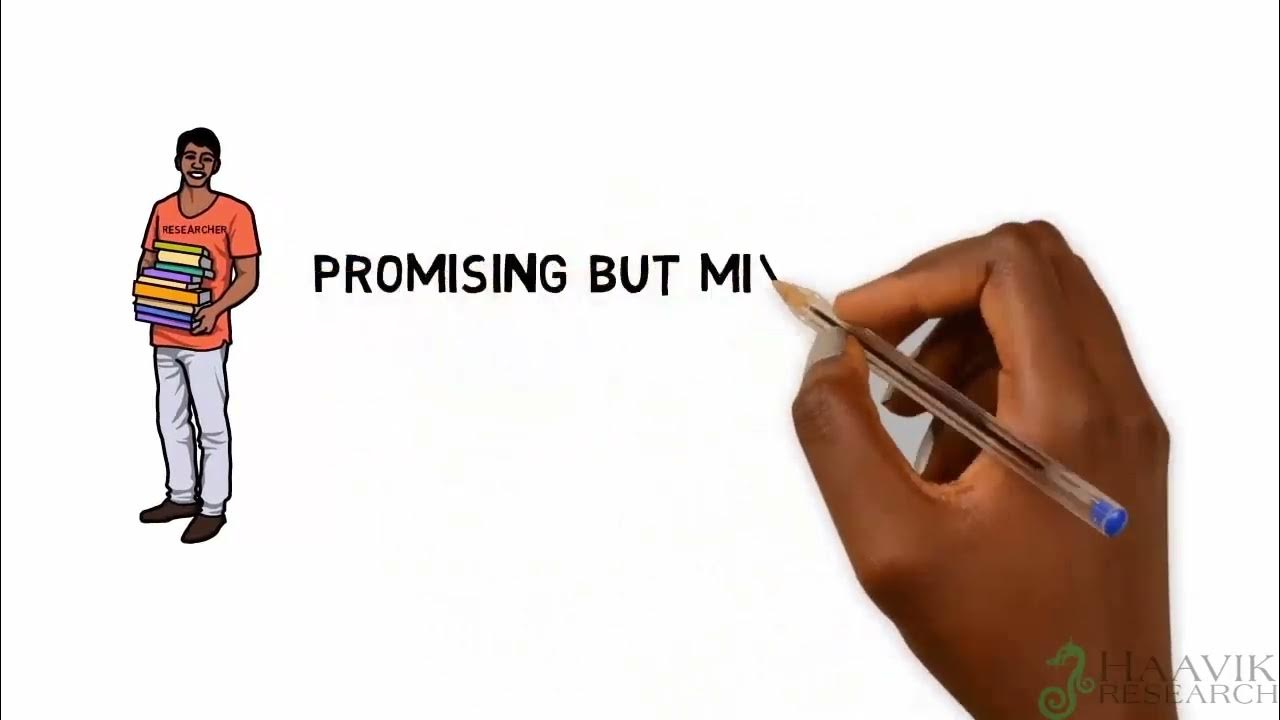Parenting Tips - How to Talk to Kids about Sex
Summary
TLDRThis video script addresses the awkwardness parents face when discussing sex education with their children. It suggests initiating the conversation around the age of nine or ten during a health checkup. The speaker emphasizes the importance of providing accurate information to counteract common misconceptions. Studies show that early and open discussions lead to teenagers being more likely to consult their parents on sexual matters. The script recommends using books like 'Where Did I Come From?' as a helpful resource to facilitate these conversations.
Takeaways
- 😅 Parents often find it awkward to discuss sex education with their children.
- 👶 The recommended age to start these conversations is around nine or ten years old.
- 🤔 Many parents have not yet discussed reproduction with their children.
- 📢 It's crucial to address this topic to counteract misinformation children might receive elsewhere.
- 🧐 Studies show that children who receive early sex education are more likely to discuss it with their parents as teenagers.
- 📚 There are helpful resources available, such as books, to aid in these conversations.
- 📖 'Where Did I Come From?' is a recommended book from the 1970s with humorous drawings that can be read with children.
- 👪 Having a book or resource during the conversation can make it easier for both parents and children.
- 🌟 The awkwardness of the topic should not prevent parents from having these important discussions.
- 💡 Early and open communication about sex can foster a healthy relationship and understanding between parents and their children.
Q & A
Why is it important for parents to talk to their children about sex at a young age?
-It's important because children often hear things on the playground and can get misinformation. Early discussions about sex can lead to children being more likely to come back and talk to their parents about it when they're teenagers.
At what age does the speaker suggest parents should start discussing reproduction with their children?
-The speaker suggests that parents should start discussing reproduction with their children around the age of nine or ten.
What is the common reaction of parents when asked if they have discussed reproduction with their children?
-Many times, parents say that they have not yet talked about reproduction with their children.
What are the benefits of children receiving accurate information about sex from their parents at a young age?
-Children who receive accurate information about sex from their parents at a young age are more likely to approach their parents with questions and discuss the topic when they become teenagers.
What role do playgrounds play in a child's early exposure to information about sex?
-Playgrounds are places where children often hear things about sex, which can lead to misinformation if not addressed with accurate information from parents.
What is the speaker's profession that allows them to discuss such topics with parents and children?
-The speaker's profession is not explicitly stated, but it is implied that they are a healthcare professional, possibly a pediatrician, given that they discuss these topics during checkups.
What studies does the speaker refer to that show the impact of early sex education on children?
-The speaker refers to studies that indicate children who receive early sex education from their parents are more likely to maintain open communication about sex as they grow older.
Can you recommend any resources for parents to help them discuss sex with their children?
-The speaker recommends the book 'Where Did I Come From?' which came out in the 70s and is filled with funny drawings, as a great resource for parents to read with their children.
What is the significance of having a book like 'Where Did I Come From?' during the conversation about sex?
-Having a book like 'Where Did I Come From?' provides parents and children with a visual aid and a comfortable way to discuss a potentially awkward topic.
How does the speaker describe the book 'Where Did I Come From?' and why is it suitable for children?
-The speaker describes the book as very funny with lots of drawings, making it a suitable and engaging resource for children to learn about reproduction.
What is the speaker's opinion on the awkwardness of discussing sex with children?
-The speaker acknowledges that discussing sex with children can be awkward for parents but emphasizes that it's really important despite the discomfort.
Outlines

This section is available to paid users only. Please upgrade to access this part.
Upgrade NowMindmap

This section is available to paid users only. Please upgrade to access this part.
Upgrade NowKeywords

This section is available to paid users only. Please upgrade to access this part.
Upgrade NowHighlights

This section is available to paid users only. Please upgrade to access this part.
Upgrade NowTranscripts

This section is available to paid users only. Please upgrade to access this part.
Upgrade Now5.0 / 5 (0 votes)





